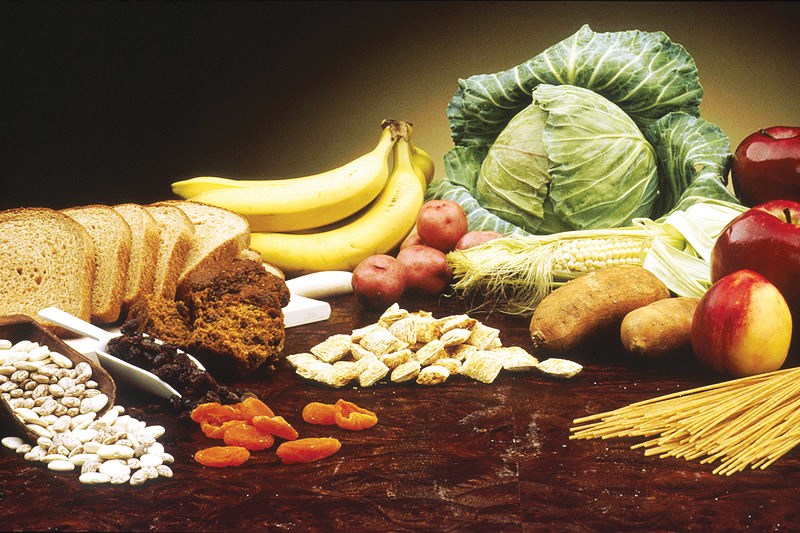On any given day we are bombarded with claims that this diet, that supplement, or a special piece of equipment will deliver amazing weight loss results and change our lives. It almost seems too good to be true, doesn’t it?
Well, it usually is.
Losing weight, then keeping it off, is a common challenge and there is no end to the “tricks” on offer to do it for you – rarely do these lead to much change. They more often lead to feelings of failure and frustration and can also lead to a loss of health.
Fortunately, there are evidence-based approaches for losing weight and increasing health that really do work. Not every strategy works for everyone, but by choosing those that you can implement, it is possible to increase your health. And the more of them you can follow, the healthier and more energetic you become.
Start off with a healthy diet rich in vegetables, fruit and whole grains and low in refined sugars and saturated fats. You can include fish, poultry, other lean meats and low-fat dairy. Look to Canada’s Food Guide (www.hc-sc.gc.ca/fn-an/food-guide-aliment/index-eng.php) to learn more about healthy choices and portions. Portion sizes are important; a healthy plate should include half a plate of a variety of fruit and vegetables, one-quarter whole grains and one-quarter meat or alternative.
Eat mindfully. That is, be aware of the process of eating, of chewing and tasting your food. It means giving full attention to eating and not being distracted by television, reading, or texting. Enjoying the pleasure of eating and of tasting by eating more slowly and chewing more will help you monitor how much you eat. Eating more slowly will give more time for satiety signals to reach your brain – it takes about 20 minutes for your brain to tell your stomach that you’re full, by which time, you may have overeaten.
It isn’t a matter of willpower. Instead, strive to change your food choices. Try not to have junk foods readily available. You can change your routines to avoid temptation. Use smaller plates, bowls and cups. Don’t eat from the bag or box; instead, use a small bowl for snacks and treats.
Don’t drink your calories. That means choosing a fruit over its juice, for example, an orange instead of a glass of orange juice. Odds are there are more calories and sugar in the juice and it will have little effect on satiety. The fruit will also have more fibre.
Let yourself indulge occasionally by allowing yourself a pleasurable treat, but do so mindfully. Eliminating all treats may lead to breaking down and bingeing. Better to allow a small taste.
Physical activity will also contribute to improved health. Being active can include cycling, hiking, dancing or going for a brisk walk. A healthy lifestyle includes a minimum of 30 minutes a day, five days per week of moderate activity. The more active you are, the better you feel. The better you feel, the easier it is to make healthier food choices.
Any of these strategies is a good idea for anyone who wants to eat healthfully, but for someone working towards weight loss and good health, the more you can implement, the more likely success will follow.



